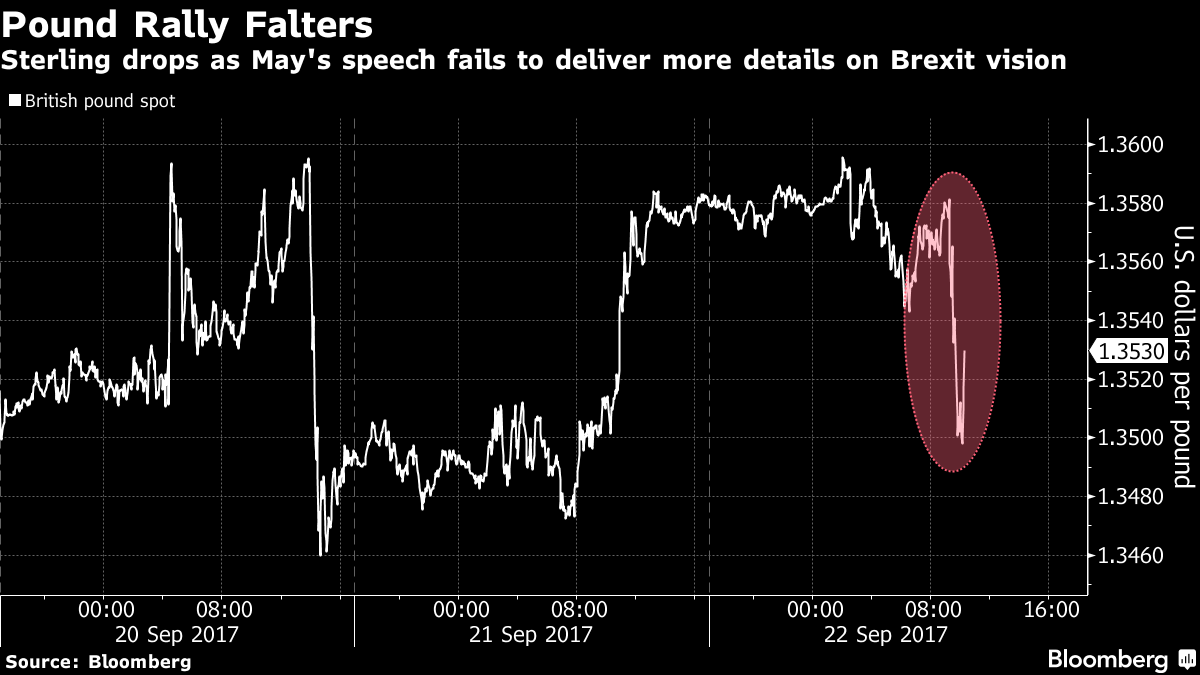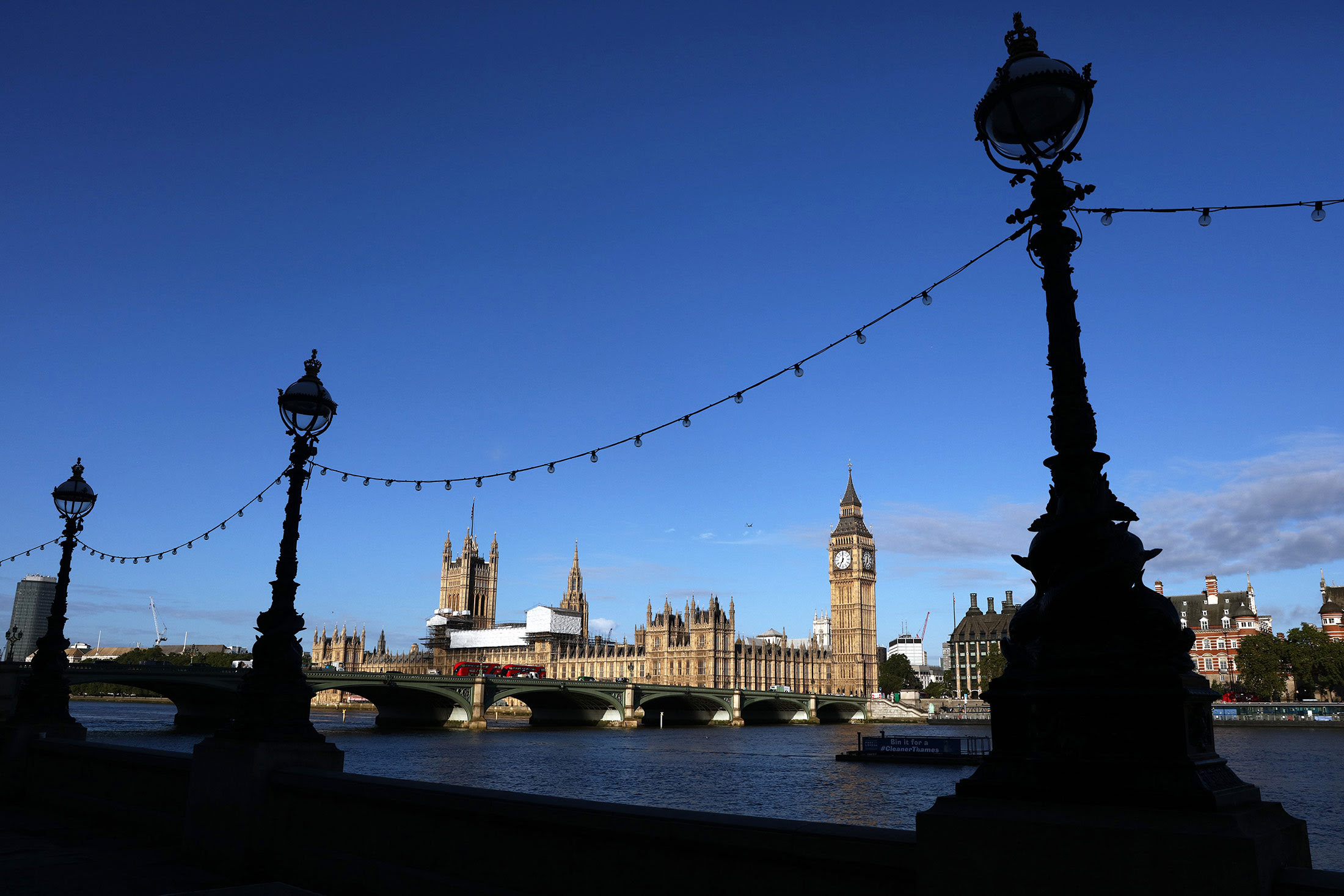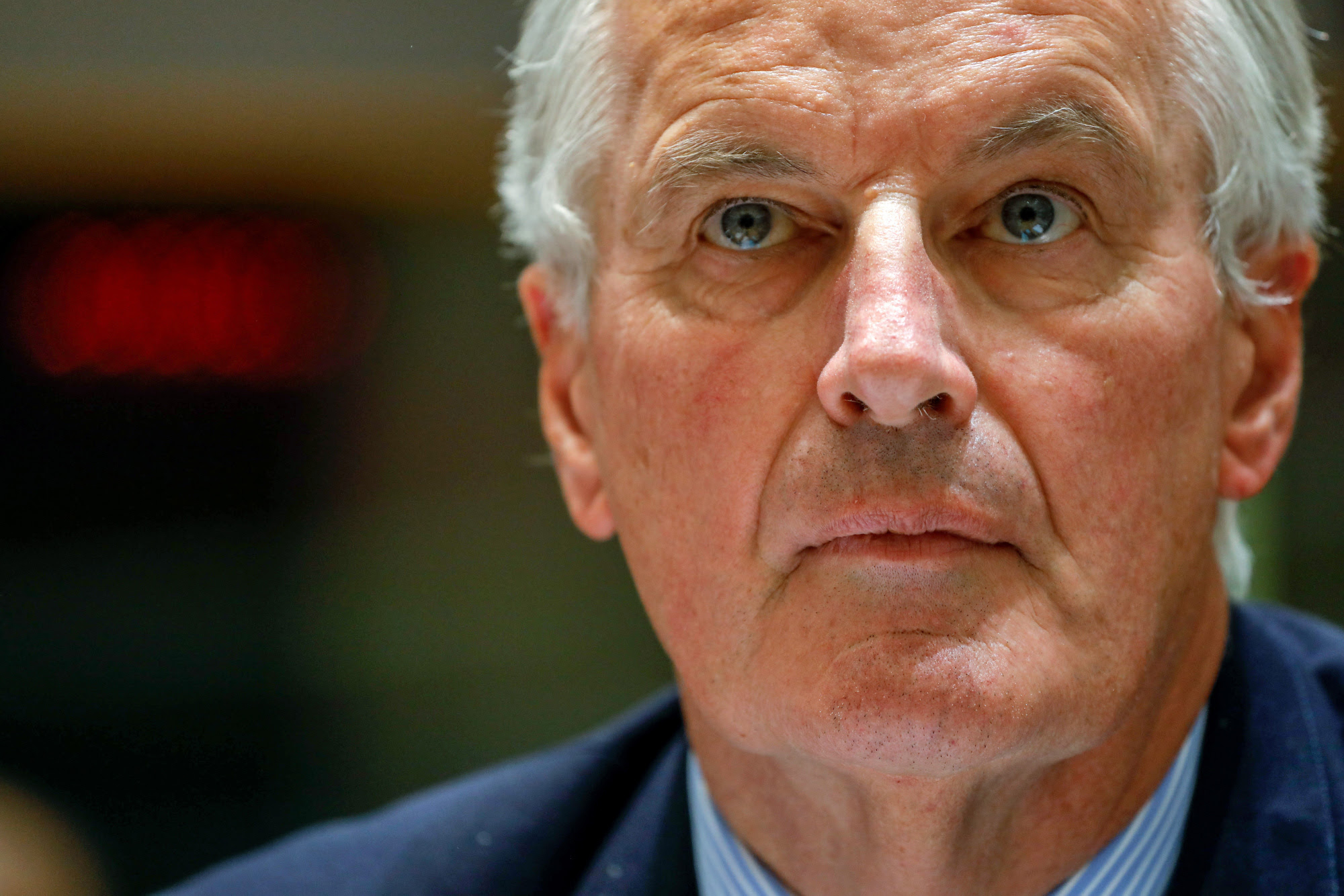Brexit: The clock is still ticking...
Theresa May’s big Brexit speech had been talked up for weeks. It even overshadowed, and eventually led to the cancellation of September’s round of talks in Brussels. The mere prospect of it spurred Boris Johnson to rebel, leading to days of intrigue at the United Nations before the prime minister and her top diplomat patched things up on the way home.
After all that, what did the prime minister deliver in Florence?

She proposed for the first time that the U.K. would seek a transitional arrangement to smooth the path after the date of Brexit (March 29, 2019, in case it slipped your mind). That period could last “about two years,” May said.
She also pledged that the U.K. would honor its existing commitments to the European Union budget. “I do not want our partners to fear that they will need to pay more or receive less over the remainder of the current budget plan as a result of our decision to leave,” May said in the Tuscan capital. “The U.K. will honor commitments we have made during the period of our membership.”
That was not an explicit acceptance of the concept of a “divorce bill,” the demand which has proved such a big sticking point between EU and British negotiators in talks. EU negotiator Michel Barnier recognized May’s “constructive spirit” and that her latest words “are a step forward but they must now be translated into a precise negotiating position.”
By contrast, the president of the German Mittelstand group of companies, Mario Ohoven, said May “has missed the chance of a new beginning,” saying she has stuck with her policy of “cherry-picking.”
The U.K. faces a crucial European Council summit in mid-October, at which the leaders of the other 27 EU nations will decide whether Britain has done enough to move forward from divorce talks to trade and a future relationship.
Has she done enough to break the gridlock? The jury is out. What everyone can agree on is that the clock is still ticking.
May’s Speech: Latest Coverage and Reaction
Full Story | U.K. Prime Minister Theresa May appeared to have broken the stalemate in Brexit negotiations after signaling for the first time a readiness to start discussing the bill the European Union wants to impose. In delivering her most detailed roadmap yet for the divorce, May gave the clearest indication yet that Britain will pay to smooth its departure from the bloc. Her words were immediately welcomed by the EU’s chief negotiator Michel Barnier.
The Pound Fell | Sterling declined against all of its Group-of-10 peers as May failed to outline specifics. U.K. government bonds rallied as the pound fell.

Deal or No Deal? | U.K. Prime Minister Theresa May’s previous Brexit speech is remembered as the one where she said: “no deal for Britain is better than a bad deal for Britain.” In Florence, the catchphrase was notably absent. Until, that is, she was goaded into repeating it in the question-and-answer session afterwards.
Concrete Pledges | The European Union’s chief Brexit negotiator Michel Barnier welcomedthe “constructive spirit” of Prime Minister Theresa May’s speech but warned that her words need to be translated into concrete progress around the negotiating table.

Tonal Shift | An exclusive analysis of May’s language show how her tone has shifted from her Lancaster House speech in January to today’s Florence address. She halved her use of “strong” and “strength,” and nearly doubled her use of “together.”
Rate Hike? | Did May’s speech just boost the chances of a Bank of England rate hike? Crucially, the BOE assumes a smooth Brexit for its economic forecasts. It will update those projections Nov. 2, when there’s a chance it may also increase interest rates for the first time in more than a decade. “May’s conciliatory tone was a step in the right direction,” said Dan Hanson and Jamie Murray, economists at Bloomberg Intelligence in London. “The Bank of England is likely to see her remarks as removing another potential barrier to lifting interest rates in November.”
Wrong Number? | May drove in a Maserati through the streets of Florence to pay homage to the place where the Renaissance began in a speech about leaving the European Union. But in her outreach she appeared to have vastly overestimated the number of Italians living in the U.K.




Comentarios
Publicar un comentario